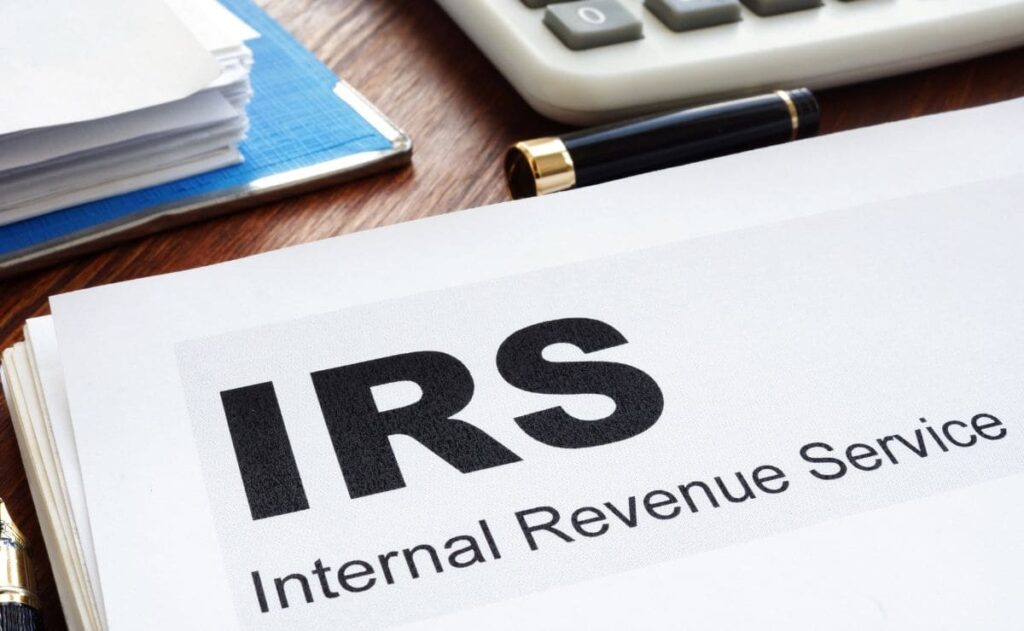The Internal Revenue Service informs taxpayers of the changes that took place in 2022. These changes may result in a different tax refund. Despite the fact that there might be common changes like in the number of dependents in a family. Besides, it is not the same if you are self-employed or you have an employer or you changed from one type to the other.
The income you got might be higher or lower too. Furthermore, some people might have married while others may have gotten divorced. All these factors may mean some changes in your filing status or your tax refund in 2023. Apart from them, the IRS highlights five key factors and the first one has to do with the fact that stimulus payments are over.
IRS warns that there were no additional stimulus cheques in 2022
The IRS wants to put emphasis on the fact that there will be no other payments. Other payments that have to do with stimulus cheques in 2023. It is essential that people are aware of the end of them. In addition, they need to know that it was something temporary. They should not expect to get them in their tax refund this year.
Secondly, the IRS reminds taxpayers that those tax credits that were increased went back to the 2019 amounts. Besides, it is another reason to get a lower tax refund. The main tax credit returns are the Earned Income Tax Credit, Child and Dependent Care Credit, and Child Tax Credit. While those getting CTC may have received $3,600 per dependent in 2021 may now get $2,000 if they qualify.
What is the new amount for the EITC with no children?
Those who qualify and do not have any children may have gotten 1,500 dollars in 2021, but they may receive 560 dollars instead for 2022. The Child and Dependent Care Credit will be much lower too. Going down to the maximum of $2,100 from $8,000 in 2021. Another thing is that there will be no charitable deduction for taxpayers who take the standard deduction and do not itemize.
A further point the IRS made is that more taxpayers will be able to qualify for the Premium Tax Credit. Check here if you meet the requirements. The last change the IRS made is about a tax credit for clean vehicles. It is through the Inflation Reduction Act of 2022 and you may be entitled to it if you meet their eligibility criteria.
